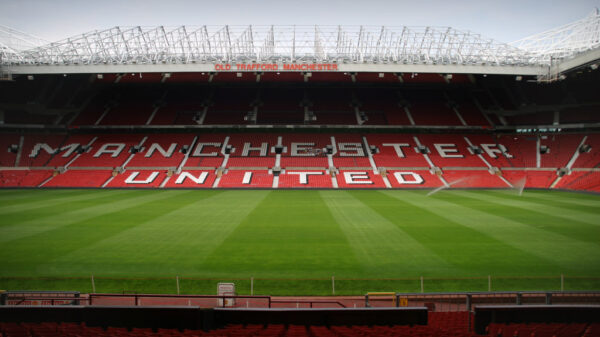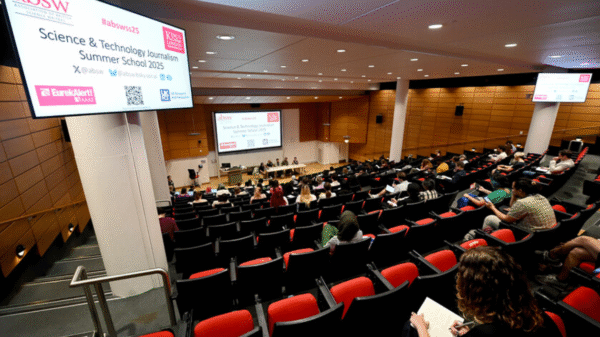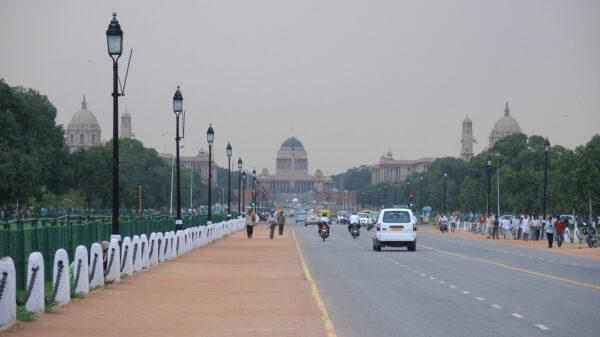Roar writer, Keval Nathwani, discusses the importance of the arts in improving our lifestyles and why we should not undermine their value.
What are the arts for? No. It’s not the economy, stupid. The arts are not just another mechanism in the wider economy, they are not just an ‘engine for growth’, they do not exist simply to provide jobs, they are not a commercial enterprise, and they definitely do not exist solely for the benefit of a ‘creative economy’- whatever that means. The utility of the arts for the cohesion of a healthy and organic society transcends all economics, and to reduce it simply to its economic worth is nasty, brutish and philistine.
The arts are a spiritual healer. They soothe and calm us in times of crisis. They reflect timeless emotions to remind us that in our common human endeavours: we are not alone. They move us to tears and make us laugh until our stomachs cramp, they make us smile from ear to ear and make our hearts weep. Is there nothing more satisfying when listening to a piece of music, or looking at a painting, or watching a play, and without any words having to be spoken, you say to yourself, ‘yes, I understand’?
The late Maya Angelou put it well when she proudly declaimed, “My aim in life is not to survive, but to thriveâ€. In the period of coronavirus lockdown, people around the world have been trying to come to terms with both of these aims. To survive the virus and to stay safe in a deadly biochemical environment. At the same time, many people have remained alone in isolation and the challenge for them has been to thrive in a very difficult situation. They have had to survive lockdown by finding new ways to thrive, particularly by creating networks of virtual social cohesion. In this endeavour, the arts have been an indispensable tool. Not only have book sales increased, with Waterstones’ online sales rising by 400%, but people around the world are turning to writing stories, diaries, and essays for themselves suggesting that creative output is being used as an effective spiritual healer.
Similarly, many are turning to hobbies and ambitions such as learning a new instrument or language, or a new skill such as painting in order to pass the time. The National Theatre, The Royal Opera House, and other orchestras, choirs, and performance arts organisations have put on free, as well as charity virtual performances to help ease the burden of isolation. In this way, the wider cultural education is being levelled by the virus in ways hitherto deemed insignificant, a waste of money and a distraction by successive governments.
Sadly, the service that the arts, in all its forms, has provided is in danger of being quickly forgotten. The impending economic disaster threatens to castrate the arts in a violent way. Following the 2008 Financial Crash, the coalition government’s first spending review in 2010 cut funding to the arts Council of England by almost 30%. When an economic crisis hits, the arts are always among the first victims. This year, The Old Vic was supposed to welcome Timothée Chalamet in its now cancelled star production 4000 Miles by Amy Herzog. The famous Waterloo Road Theatre is now using up £350,000 a month from its reserves in order to subside costs incurred from the virus.
Likewise, The Prince of Wales highlighted in a series of programmes on ClassicFM the difficulties that smaller local musical and performance clubs, societies, orchestras, and choirs are going to have to survive in order to thrive in the aftermath of the virus. He argued passionately that “we have to find a way to make sure these marvellous people and organisations are going to survive through all this.†Even the Mecca of Shakespearean Theatre in London, The Globe Theatre, where the line, “In sweet music is such art: killing care and grief of heart fall asleep, or hearing, dieâ€, is so often spoken, is threatened with closure. If even Shakespeare cannot survive this crisis, how can the local village or town choir, or amateur orchestra or theatre club be expected to survive too?
The arts have often been attacked as elitist, wasteful, and an unnecessary burden. But through isolation, millions have discovered how valuable the arts can be, and with subsidies to help artistic institutions survive as well as thrive, we might begin to repair the social damage inflicted on us by the virus and the lockdown. Art is the demonstration of the human ethos; how much the government values it remains to be seen. We cannot make the mistakes of the past and pretend that society does not exist. The new normal must prioritise community with the arts as its glue. That is how we will survive and thrive.

















